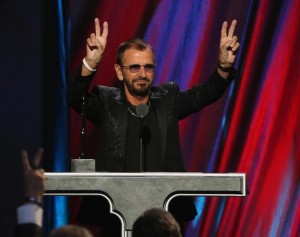 If you want to get the most out of a one-on-one meeting, be prepared with a “mental” agenda that keeps you focused. Here are some ground rules for getting the most out of your time with others:
If you want to get the most out of a one-on-one meeting, be prepared with a “mental” agenda that keeps you focused. Here are some ground rules for getting the most out of your time with others:
Confirm how much time the other person has.
Understand their flexibility; learn if they have a meeting before or after yours.
Tell the person up front what information you need or would like to share.
Come prepared to either ask specific questions or share specific information.
Chat for only a few minutes at the beginning to get acquainted on a more personal level.
Discuss important items first, and leave any spare time at the end of your meeting to talk about any less important items.
I learned the hard way about maximizing the one-on-one meeting. I had invited a colleague to meet me for morning coffee to get “caught up” and also to talk about a specific area of her expertise. We spent the first 45 minutes of our conversation talking about our personal lives, issues, dilemmas, etc. She looked at her watch with a surprised look and said that she had just 10 minutes left before she had to leave and be back at her office for a conference call with a client. Now I found myself in the awkward position of cramming all of my questions into the last 10 minutes. I walked away from the get-together promising myself that I would never again let that happen. I learned an important lesson that day: Better preparation delivers better results.
When meeting with someone one-on-one, remind yourself that you have a limited amount of time to spend with that person, whether your intent is to collect or to share important information. Set up your meeting with clear objectives. If you don’t, the other person may be suspicious, because you are waiting until the last minute to discuss something important, or s/he may think that you have no reason for getting together, other than chatting and catching up on things. The last thing you want people thinking as they leave a meeting with you is “That was a waste of my time.” Professionals today are extremely busy people who work even harder at efficiency. Casual get-togethers with no agenda are fine too if it’s clear up front that’s how you intend to use the time.
As you prepare for important meetings, ask yourself a few questions:
What is the purpose of the meeting?
What is the main topic of conversation?
What information do I need to share or obtain from the other person?
How much time will I need?
What specific questions do I need to ask?
What are the next steps? Any follow-up needed?
When you invest the time in preparing for the one-on-one meeting, you will remain focused on your purpose and efficiency. People will appreciate your consideration.




